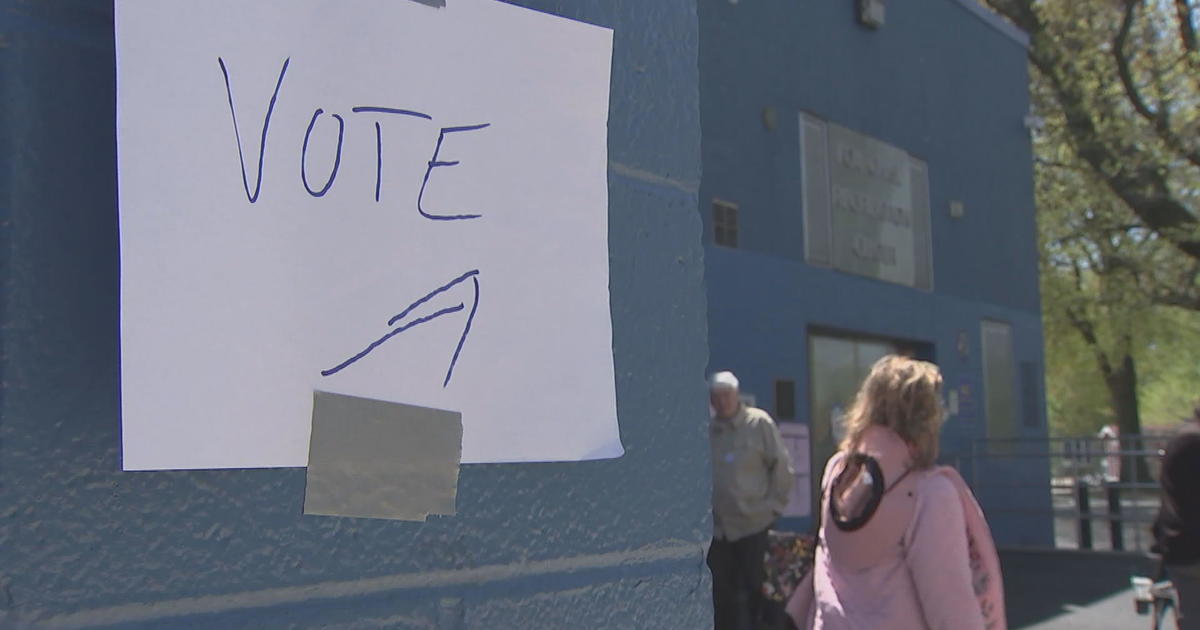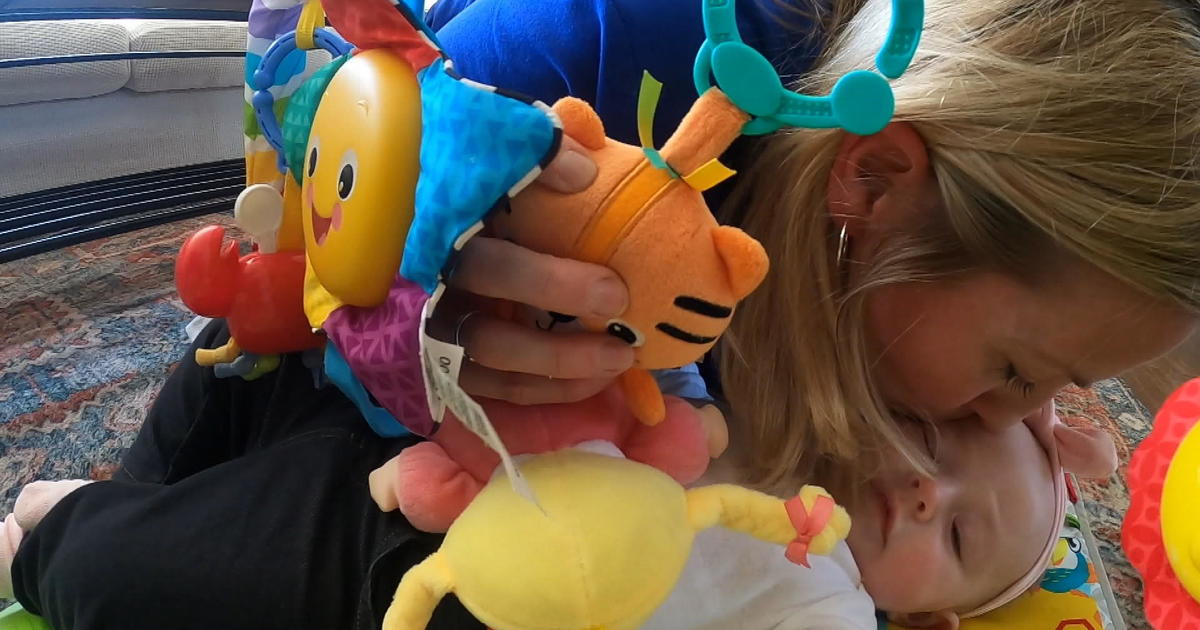More compromise with Dems? Not if new Pennsylvania Freedom Caucus has its way
HARRISBURG, Pa. (KDKA) — Pennsylvanians are tired of hyper-partisanship – or at least, so goes the narrative among many mainstream Democrats and Republicans alike.
Some Republicans say the party lost the state House and a GOP-held U.S. Senate seat and failed to recapture the governor's mansion because the party did a better job articulating what it's against than what it's for. Because it blocked ideas but didn't offer better ones.
U.S. Congressman Scott Perry (R-Harrisburg) is not one of those Republicans.
"People don't vote for Republicans to come to their state capital and work out deals in the back room with leftist Democrats," said Perry, speaking at an event unveiling the Pennsylvania Freedom Caucus.
The caucus includes about 23 GOP House and soon-to-be-former House members, said the group's chairwoman Rep. Dawn Keefer (R-York). The vice-chair is Rep. David Rowe, who also represents parts of central Pennsylvania. The other 21?
"The list is not public," Keefer said. "We won't do that. So members individually, and the members that are here, can self-identify."
Among other members at the event was Rep. Frank Ryan (R-Lebanon County), who is retiring but will remain a part of the caucus.
Perry chairs the conservative Freedom Caucus in the U.S. House of Representatives, which established itself in 2015 and similarly doesn't publish a list of its members.
"They take very extreme positions, and they tend to break up compromise agreements that were made between both parties," said Brittany Crampsie, a Democratic strategist.
Perry said the obstructionist reputation of Freedom Caucus members is a construct of journalists who fail to hold liberals to the same standards.
Pennsylvania becomes the eighth state with a Freedom Caucus at the state level, joining Arizona, Georgia, Nevada, Illinois, Mississippi, South Carolina, and South Dakota.
An early sign of harder-line stands Pennsylvania Freedom Caucus members might take compared to other Republicans: The widely-reported idea that Democrats will have a majority in the state House.
"That's an assumption," Keefer said, stopping a journalist who was asking a question based on the premise.
If nothing else changes, Democrats will hold a 102-101 seat advantage following special elections in three heavily-Democratic districts, which might not occur until as late as May.
Some people aligned with both parties have anticipated effective Democratic control sooner than that, perhaps as a result of a bipartisan deal for which – based on comments at the event – Freedom Caucus members would have little appetite.
So from whom are Freedom Caucus members trying to distinguish themselves: Democrats or mainstream Republicans?
"I don't know that we are 'distinguishing ourselves from,'" Keefer said. "We are 'identifying ourselves as' a group of individuals who will protect personal freedoms and your individual liberties."
"I don't think anybody had a Pa. House Republican Freedom Caucus on their Christmas list this year," Crampsie said. "But unfortunately, it is what we are getting."
What do House Republican leaders think?
"Members of both caucuses regularly form informal issue or policy-focused caucuses to bring attention to causes they feel are important," said Jason Gottesman, a spokesman for House Republican leaders, who were not at the event. "Foremost, we are the House Republican Caucus, and we will continue to universally champion proposals that provide a path to opportunity for all Pennsylvanians. To the extent that any individual group participates in policy formulation that aligns with our overall goals, we appreciate the ability to have that dialogue."



